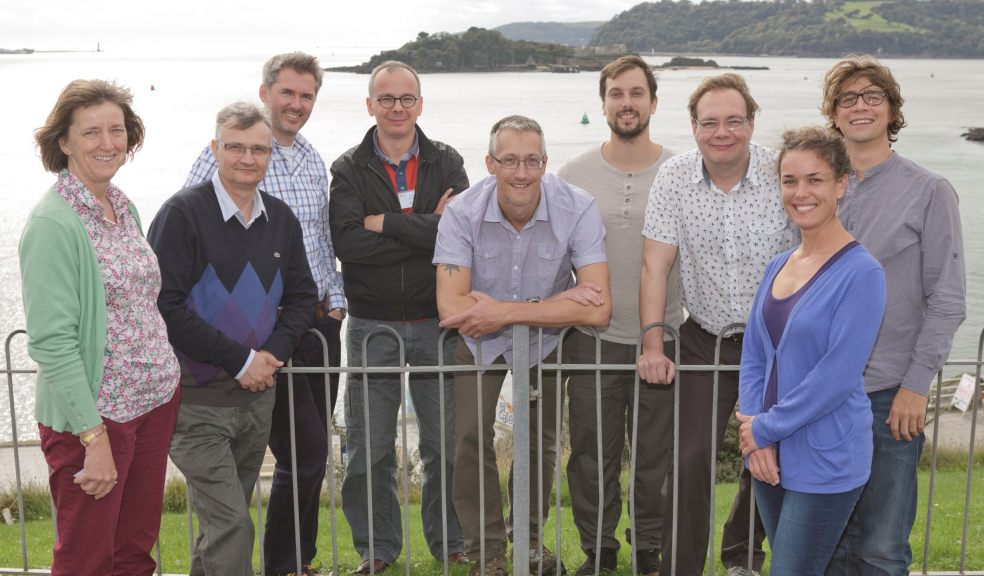
Anglo-French partnership develops guidance on future management of English Channel
An Anglo-French partnership of academic, government, industry and environmental organisations are working together to influence future policy decisions affecting the world’s busiest waterway. The English Channel is used daily by more than 500 shipping vessels, while millions of people live on its shores in Southern England and Northern France, and it is used widely for industry, environmental and leisure purposes. Now 12 organisations, led by Plymouth University, have agreed to work in partnership to produce an English Channel Governance Guide, which will feed into live marine policy development on a national and European scale. The Promoting Effective Governance of the Channel Ecosystem (PEGASEAS) project, backed by £1.2million of Interreg IVa funding, brings together participants from a range of projects involved in the management of the marine environment to capitalise on their conclusions and develop Channel-scale management and policy recommendations. The year-long project, led by Dr Steve Fletcher and Dr Gillian Glegg from Plymouth’s School of Marine Science and Engineering, will initially focus on areas including ecosystem management, marine conservation, citizen and stakeholder engagement, scientific research and the management of human use of the waterway. Dr Fletcher, Director of the University’s Centre for Marine and Coastal Policy Research, said: “The English Channel is a very important marine ecosystem, but its management is shared by two countries which place different priorities on its use. Both the UK and France already have a range of plans and guidance in place to govern the Channel now and in the future. This project aims to recognise the shared priorities and identify ways that both countries can work together to ensure the Channel ecosystem is sustainably managed.” Those existing projects include the Plymouth University-led VALMER, a €4.7million international collaboration which aims to find effective methods of incorporating the values that communities place on coastal and marine environments into marine and coastal management and policy-making. The 12 partners in PEGASEAS, all based in Southern England and Northern France, will also make proposals for funding priorities for research into the management of the English Channel through future INTERREG initiatives. Dr Fletcher added: “Engaging the public and stakeholders in determining future funding priorities is hugely important to this project and there will be a range of forums and events held on both sides of the Channel to support this. Their involvement will ensure this project reflects their wishes, but also that future INTERREG funding is provided to initiatives deemed to be of public as well as corporate importance.”

















